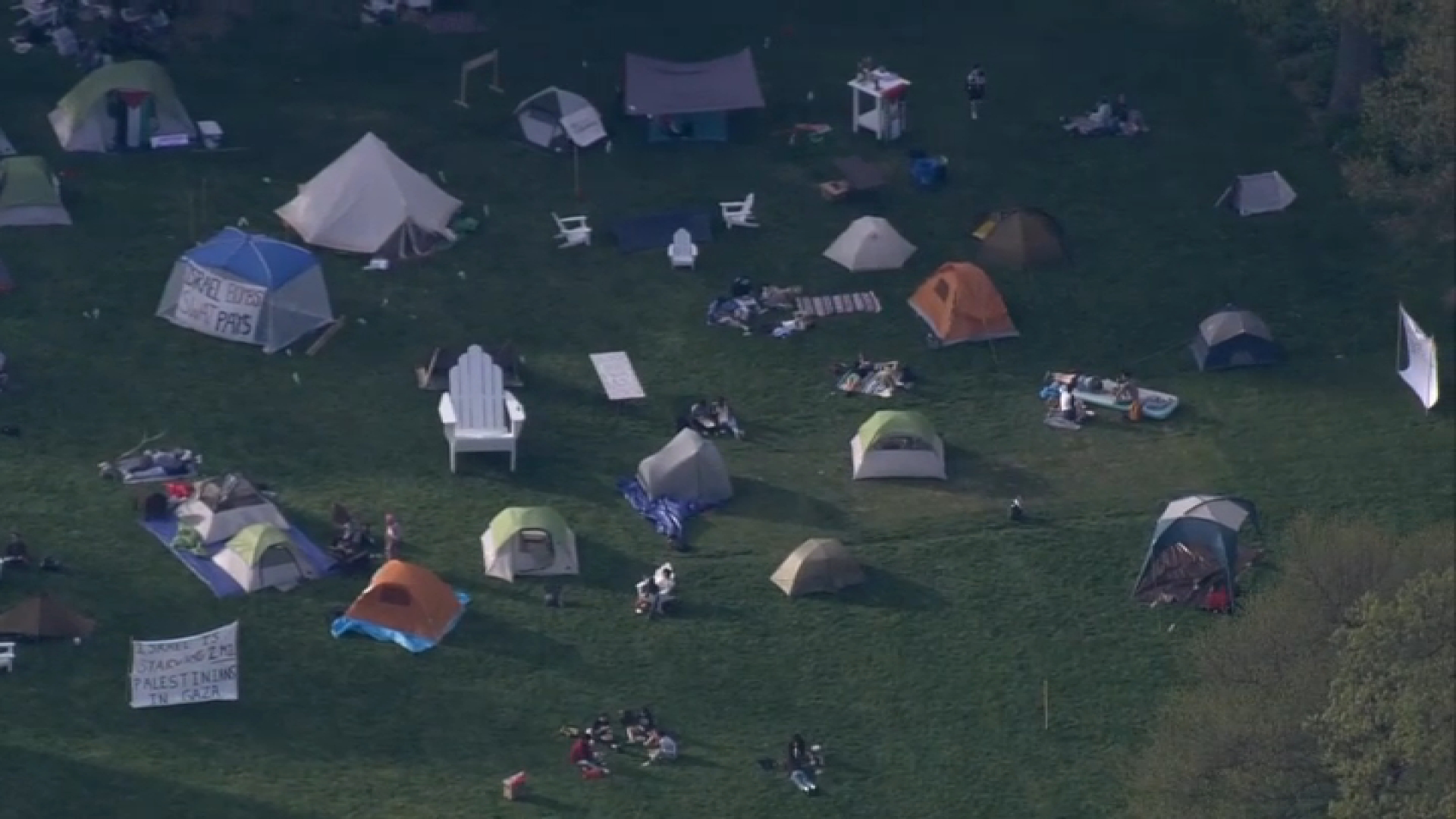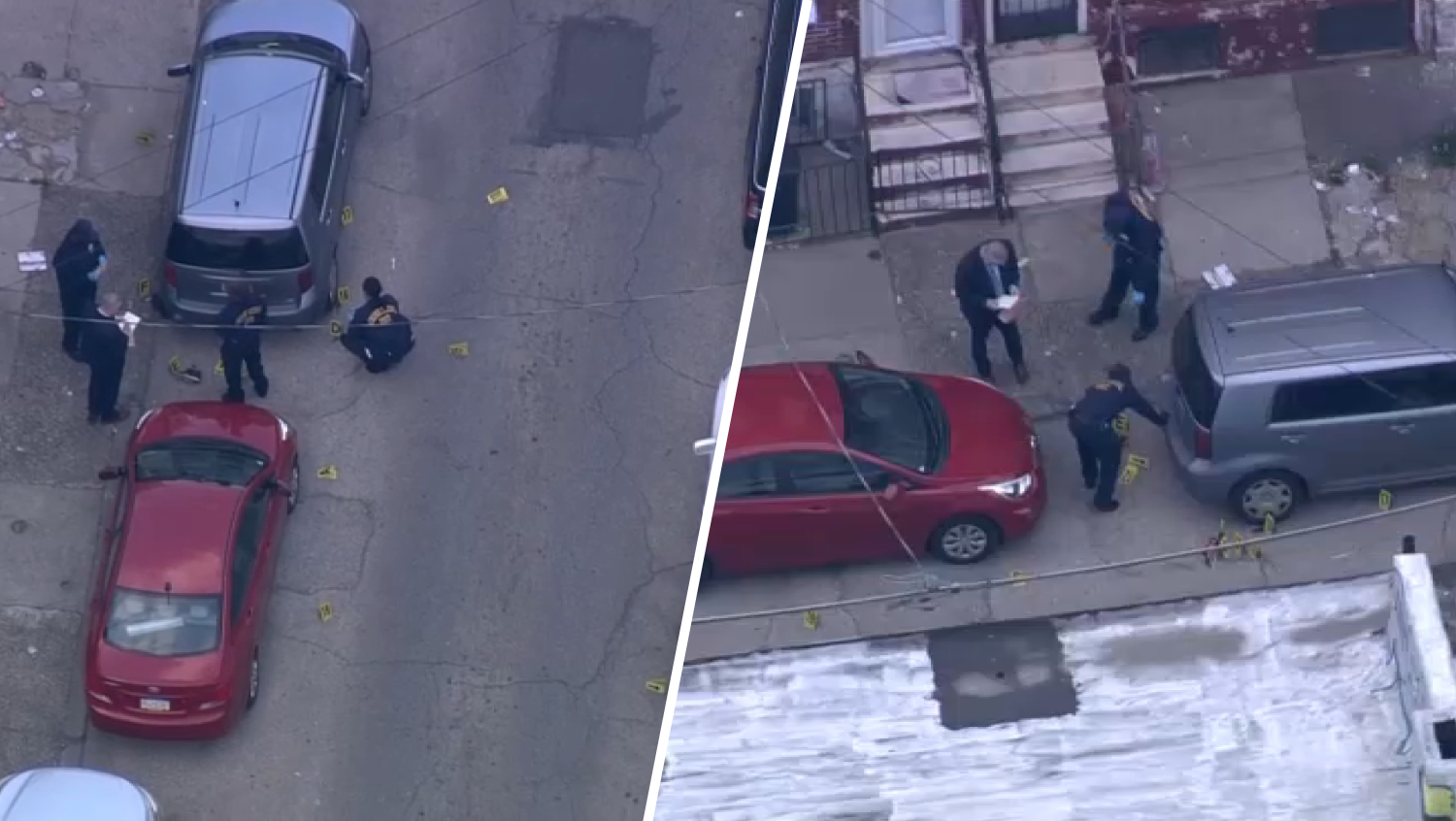Philadelphia has been getting a lot of attention lately for doing a lousy job of collecting the more than half-billion dollars it's owed in property-tax bills.
Critics say delinquents don't just rob the city of much-needed money; they also depress market values and hurt neighborhoods.
So which areas are being harmed the most from tax deadbeats, and how can City Council help?
Of Philadelphia's 10 Council districts, property-tax delinquents in Councilwoman Cindy Bass' district owe the most money: $94,151,727, according to our analysis of recent data.
Why? Bass pointed out that while her district includes affluent areas such as Chestnut Hill and West Mount Airy, it also includes neighborhoods that have been distressed for many years.
"There's a lot of need," she said. "You'll see the tax delinquency directly correlates with where you see the problems and the crime issues, the blight issues."
Second on the tax delinquency list is Council President Darrell Clarke's district, which includes Strawberry Mansion, Brewerytown and parts of Center City. Tax deadbeats there owe the city $88,807,574. Clarke isn't surprised.
Local
Breaking news and the stories that matter to your neighborhood.
"The reality is that in my Council district, we unfortunately have ... probably close to the majority of the vacant properties in the city," he said.
That's a problem because a large number of vacant properties are also tax delinquent.
In face of problem, Council powers limited
However, Council can only do so much about the problem, according to Clarke.
"Under the charter, we're extremely limited in terms of our executive powers," he said. "But the reality is we are constantly asked about vacant properties."
Council members aren't powerless, though. For clues to what Council can do, look to the districts with the smallest delinquency problem.
Northeast Philadelphia, including Mayfair, Fox Chase and Pennypack, is home to the city's smallest delinquency problem. Councilman Bobby Henon represents part of that area. Property-tax delinquents in his district owe $17,211,032, less than one-fifth of the total amount owed in Bass' district. Plus, according to an AxisPhilly analysis, Henon's district actually has more properties than Bass' district does.
Henon has an idea why his district fares relatively well.
"I think the unemployment rate is not as high as other districts," he said. "It's a working-class, traditional blue-collar district."
Henon, who just took office last year, is clearly lucky. At the same time, he has sent out letters to tax delinquents and pushed them to pay up as part of his "Bad Neighbor Initiative."
No stopping sheriff's sales
Henon said he also refuses to help postpone sheriff's sales when delinquent property owners come calling.
"I've received many calls for stays for sheriff's sales," he said. "I absolutely do not get involved in any sheriff's sales."
Henon said he's been encouraging other lawmakers to follow suit. He is optimistic that Council, which held hearings on the tax delinquency dilemma earlier this year, will help fix the problem.
Zack Stalberg, president of the government watchdog group Committee of Seventy, hopes times really have changed. He said some former Council members actually helped connected property-tax delinquents shirk their responsibilities in the past.
"Now there are signs that Council people and administration people, everybody, wants to see this done in a more fair way," he said. "But only time will really tell whether this new system can be fiddled with in quite the same way the old one could be."
This story was reported through a news coverage partnership between NBC10.com and NewsWorks.org



